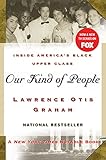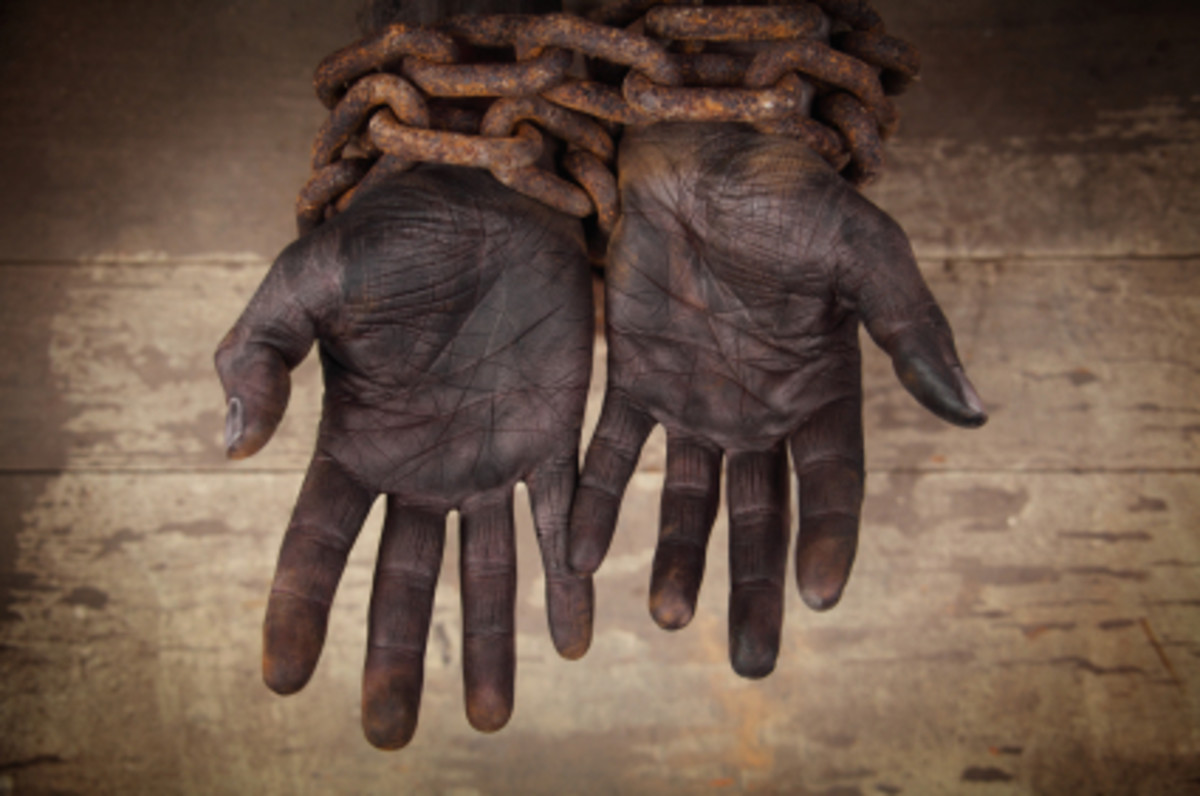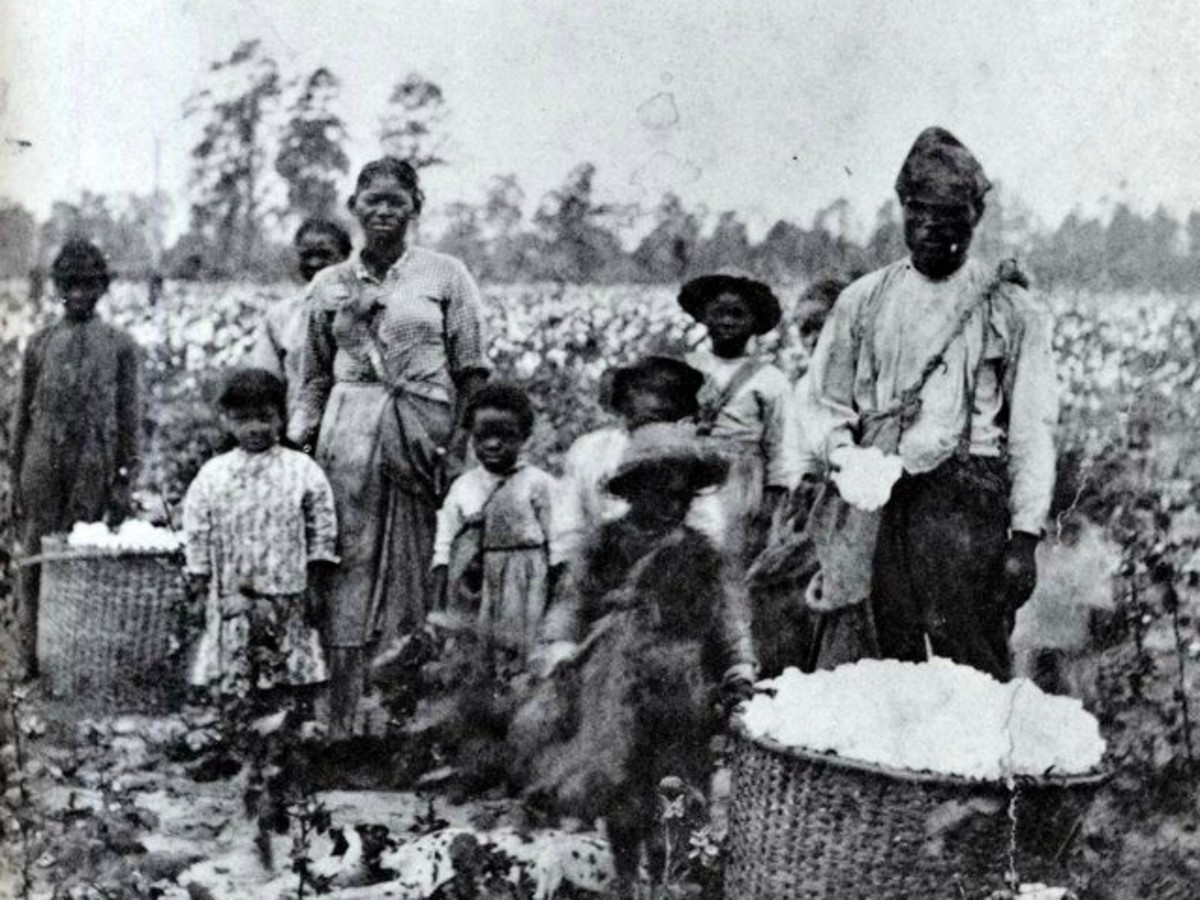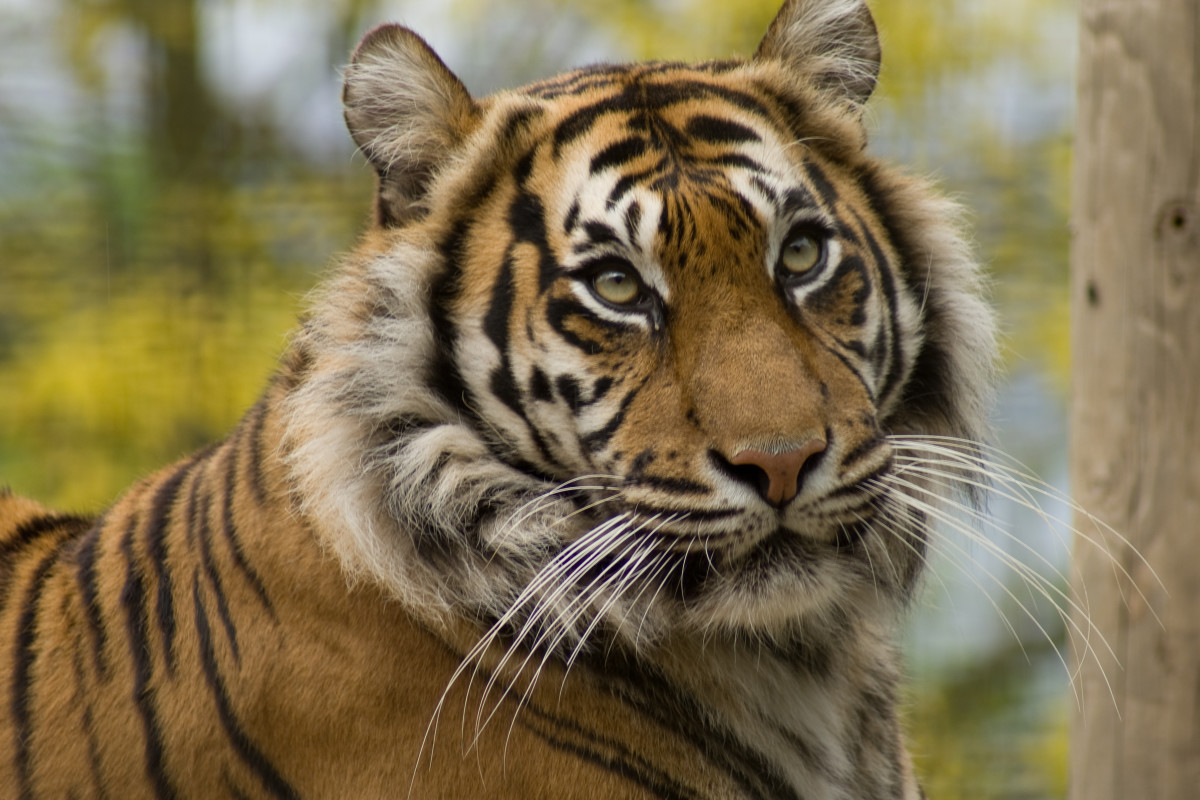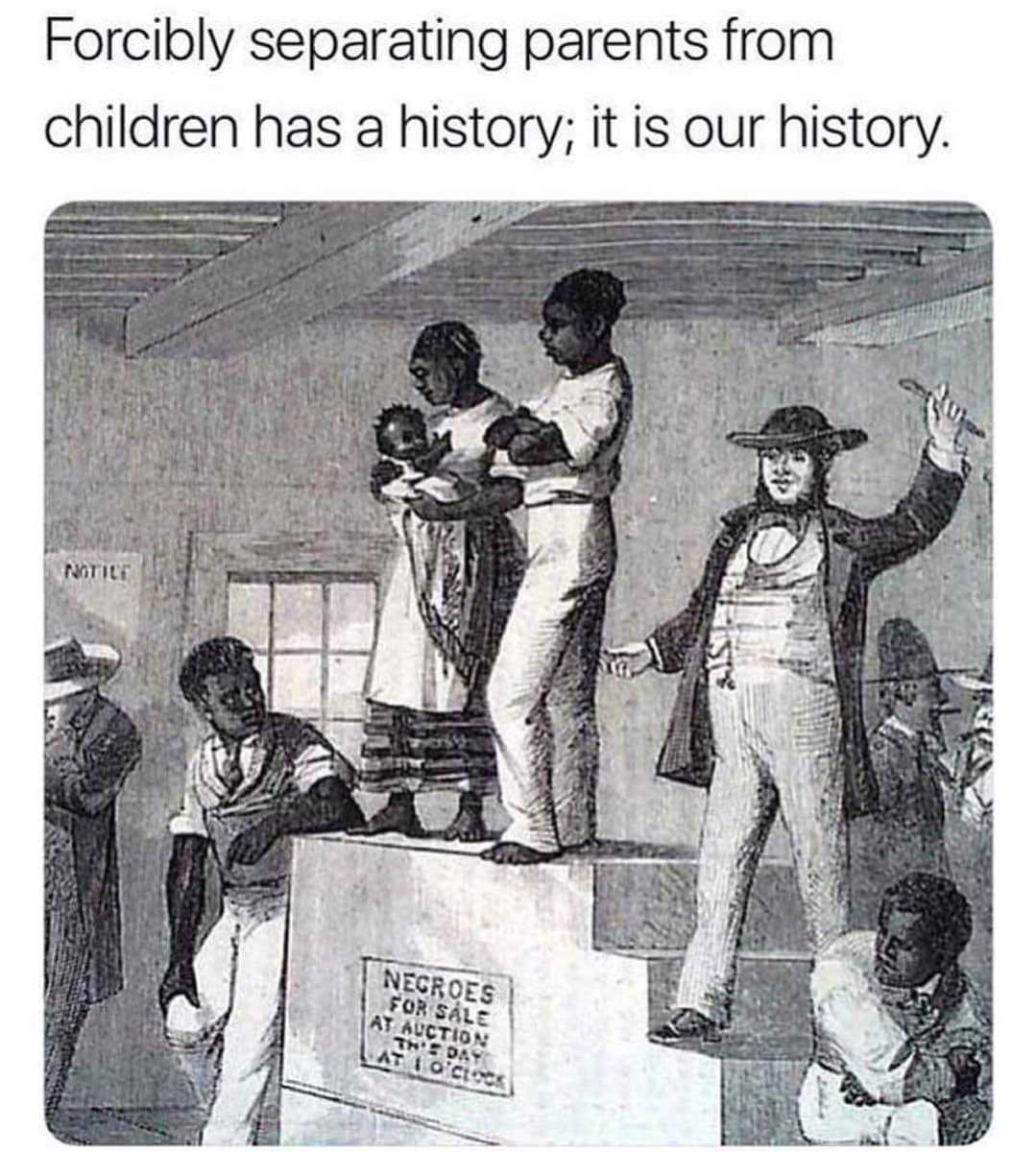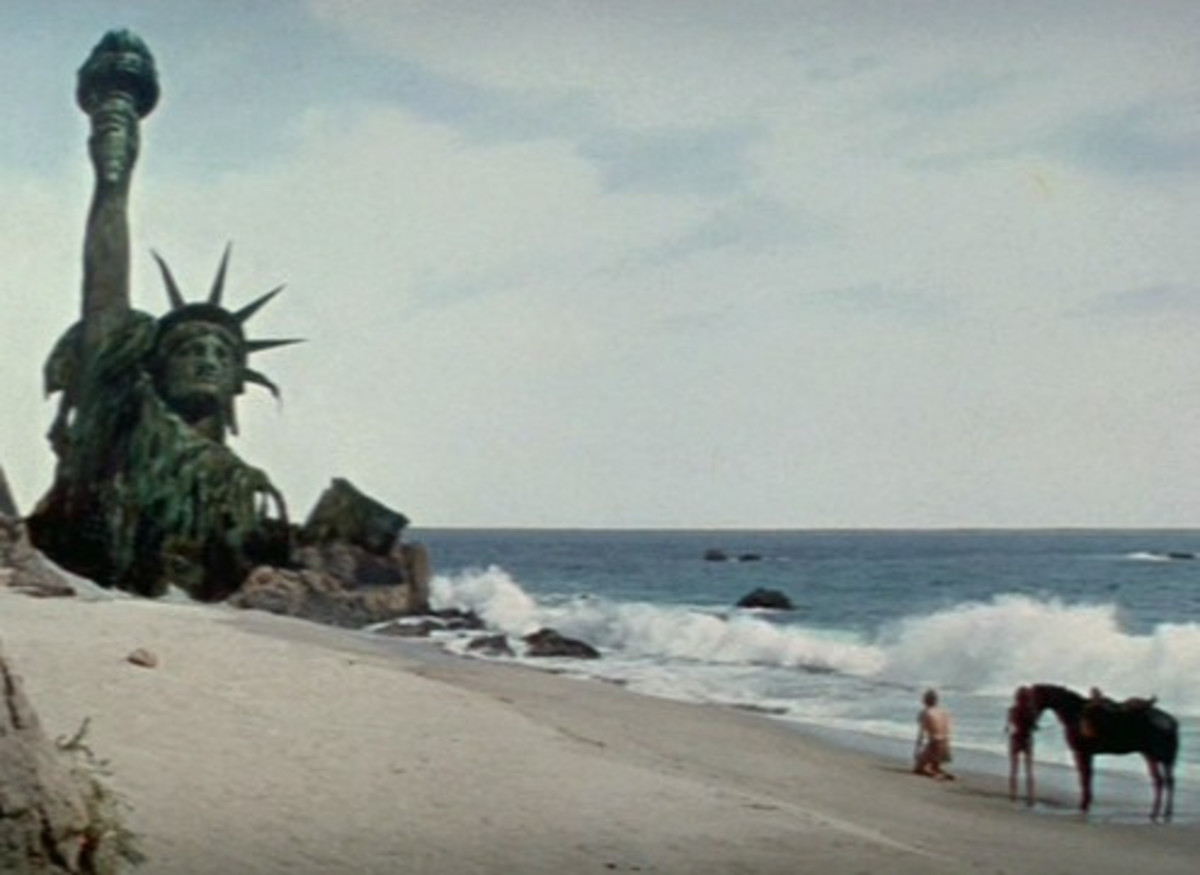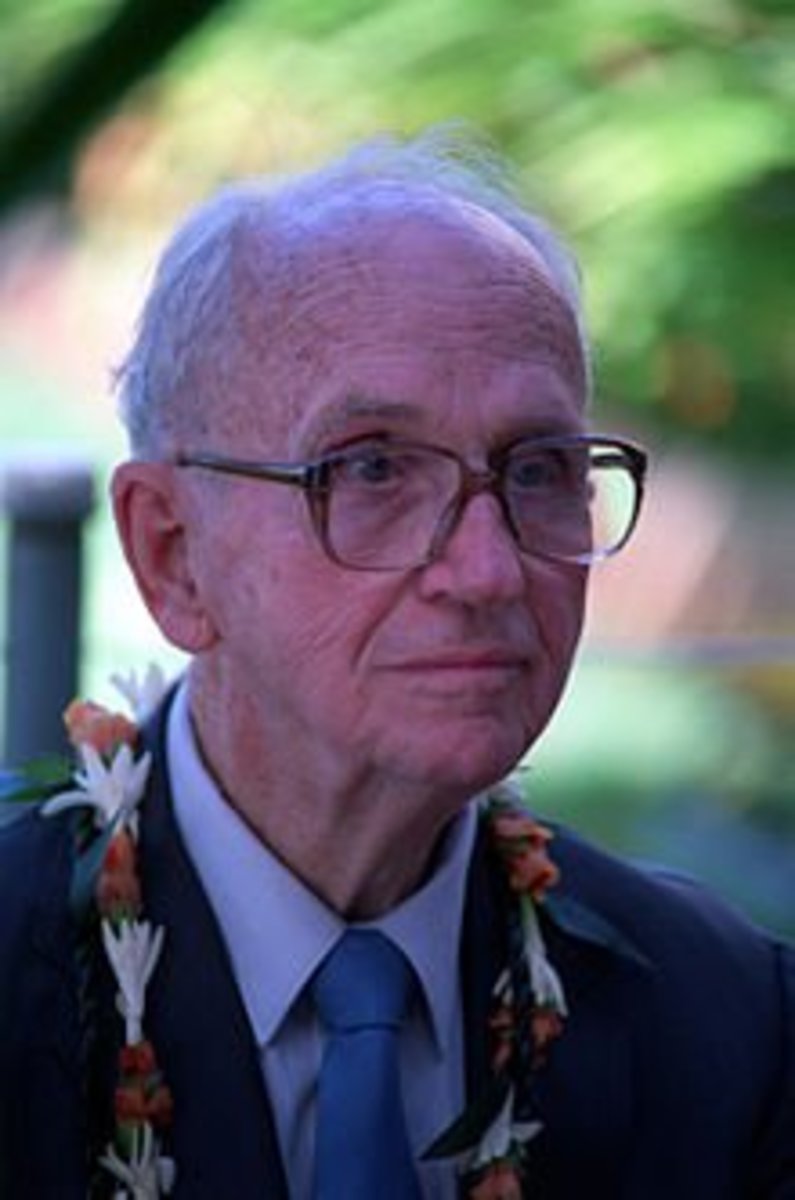- HubPages»
- Books, Literature, and Writing»
- Books & Novels»
- Bestsellers
Our Kind of People…Indeed! A Review and Analysis of a Lawrence Otis Graham Novel
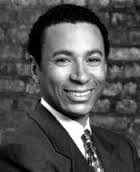
Get the Book on Amazon.com
The Blues of the (Black Elite)
I was beginning to do research on a topic for a book that deals, primarily, with the issue of the Black elite in America. I was perusing sources when I came across Lawrence Otis Graham’s book, Our Kind of People: Inside America’s Black Upper Class. This book gives its reader a birds-eye view into the lives and the world of America’s Black elite…a world seldom noticed by most Americans. Graham, himself, a child of wealthy Black elites and a member, speaks from his own personal experience and the experiences of the people he grew up with and met along his road to success. Graham is a Harvard Law School graduate, a nationally renowned attorney and commentator on race and politics in America.
Like many of its Patrician counterparts, the world of the Black elite is governed by a set of rules that limit entry into their well-shrouded and exclusive enclaves. Much of their wealth and pedigrees are old and historically, well-documented. In many cases, skin hue favors heavily. Often, those who don’t pass the “brown paper bag” test don’t gain access to the inner sanctum. Education, material wealth and social status are also measuring devices in the “selection” process. Initially, upon reading the first few chapters, I, at 43, thought I would’ve never encountered a group of people so shallow and phony in all my years. However, as I read on, I came to the sobering understanding that being Black in America is a liability no matter how much money and pedigree one possesses. These tightly-knit, well-protected enclaves exist for a reason…to preserve and maintain the frail balancing act of the apparent oxymoron of Black affluence in America.

Living On Shaky Ground
Of course, any thinking, red-blooded adult would assume that a place like America, if one is willing to work hard, make the proper investments and sacrifices and get to know the right people, the American dream can become a wonderful reality for them. But, for elite African-Americans, dealing with the harsh reality of the history of slavery and racism casts a dark pallor of anxiety over any level of achievement gained, both in early American history, as well as the present day. For me, the question arose as to how one guards hard-earned and long-amassed wealth and status without losing a sense of who they are at the same time. Surely, any African-American who happens to be born into wealth or acquires their wealth shouldn’t have any reason to apologize for it. Do rich WASP’s, White corporate CEO’s and Wall Street hustlers apologize for the billions they steal? Of course not! So, why shouldn’t African-Americans strive to do well, want and gain better for themselves and their children? However, for all appearances, being Black and rich in America doesn’t divorce one from the reality of the "so-called" permanence of racism. Ultimately, he who controls the money controls the wealth…all wealth. Woe unto those whose status, lineage and sense of self is tied in with the so-called “American Dream.” For me, Graham’s book reveals that without a strong sense of “self” and the presence of “community,” that dream can quickly become a living nightmare.
Cotillions, black tie balls, sororities, fraternities, Jack and Jill (a Black elite children’s social club), The Links, The Boule, country clubs, exclusive vacation spots and neighborhoods are just some of the many “safety nets” of the American Black elite. Many of these well-moneyed individuals attend, graduate from and give generously to Historically Black Colleges and Universities (HBCU’s). They also give generously to charities that serve the poor, sick and disenfranchised of the Black community. They create foundations and put in countless amounts of volunteer hours toward causes they hold dear. While reading, I was largely impressed with all this until my skepticism tapped me on the shoulder. Why would any rich person put so much into philanthropy, a charity or a cause? One has to wonder, in some cases, whether all this is being done as a diversion to keep the large masses of poorer African-Americans from focusing in on the Black elite. Why all the exclusivity?
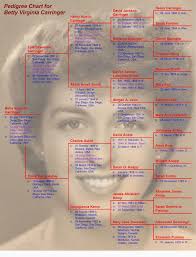
Carving the Niche
Graham’s book helped me realize that the class barriers that exist between the Black haves and the have nots are no different from any other racial group’s class struggles. The middle and upper class Blacks get to protect themselves, their wealth and their reality from the scrutinous eyes of their less wealthy and often resentful detractors…most of whom are Black. Words like “uppity Negroes” and “bougie” come to mind. It’s no secret that many of the Black elites, since Reconstruction, have fought long and hard to effectively distance themselves from the reality of their slave past by moving toward “acceptability” within the American status quo by means of higher education, lighter skin hues, family wealth and pedigree. This essentially created a class rift and a semi-penetrable social barrier between the African-American public and its gifted (talented tenth).
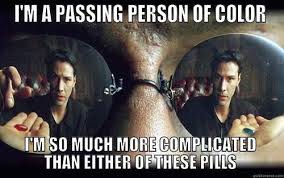
Livin' the Dream
On the issue of skin-color, I, myself, am no stranger to the strife it can cause between myself and my darker brothers and sisters. This is a shameful outgrowth of American racism that African-Americans are still sadly afflicted with. I used to hear stories of the “brown paper bag” test growing up. I thought it was a silly joke then, when I was a child. I almost dropped the book when I found out it was a real practice! Graham devotes an entire chapter to this phenomenon among the Black elite. Some African-American elites are the products of a long line of mixed-race, African-Americans (mulattos) who very carefully intermarry…sort of like the “Blue-Blood” aristocracy in Europe. (In some cases, there is actual in-breeding). Again, just like their European counterparts, they seek to maintain certain characteristics like light, almost white-looking skin hues, as well as physical European features like a narrow nose, thin lips and straight hair. Within the African-American community, Blacks who don these features are able to “pass for White.” In some cases, these people live out their lives as Caucasians and literally disavow their families and their African-American heritage completely. They literally disappear! According to Graham, this is a fairly common occurrence. Graham highlights an incident he and his friends encountered when he was a freshman at Harvard Law School. Apparently, they attempted to “blow a classmate’s cover” by approaching him and asking him if he was Black.
“Although he’d long insisted on his White racial background, the rest of us had just taken it as a fact that he was a Black man in denial. We didn’t need further confirmation. ‘What I’d like to know is whether his girlfriend knows,’ Clarence asked no one in particular as we sat at an all-Black table in the Harvard Law School dining hall. Several of us glanced over at the ‘suspect.’ He was holding the hand of a slender White woman with blond hair and blue eyes. Sara rolled her eyes. “Of course she doesn’t know. They never know.” (Graham 376-77)
To me, this dilemma of “passing for White” is understandable, given the nature of American racism. Yet, it’s still completely psychotic. If one has everything they could ever want or has the means to obtain it, then the very real question arises as to whether the American dream is to have it all or simply, to not to be Black?
Graham’s book was truly an eye-opener for me. I always knew of Black folks that had money, but I didn’t know the great depths to which sank the proverbial “rabbit hole” they lived in. He clearly lays out, through his experience and his interviews, the need for Black solidarity and community—wherever or however we are in American society. W.E.B. Dubois speaks of the “double consciousness” of the American Negro. Apparently, money, pedigree and status don’t guarantee escape from the perilous, gaping vortex of American racism. For those of us with black skin, there is no escape from that reality no matter who you are.
© 2015 Dana Ayres

